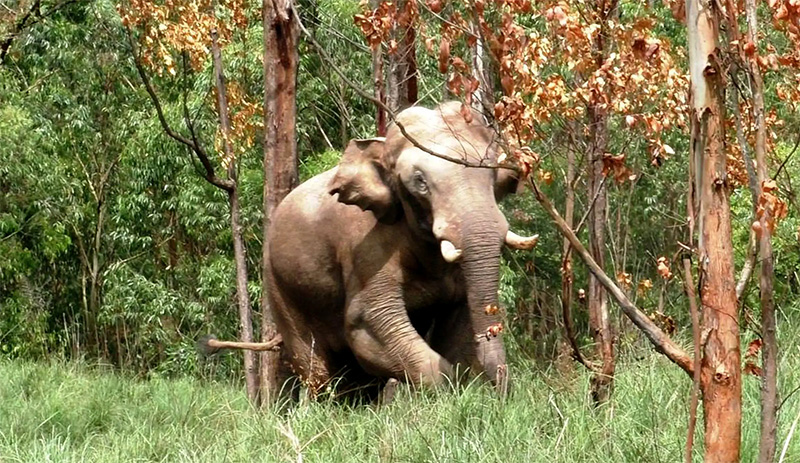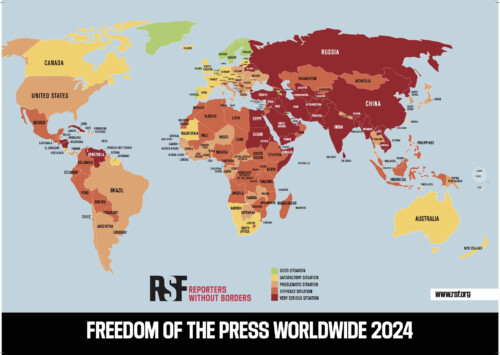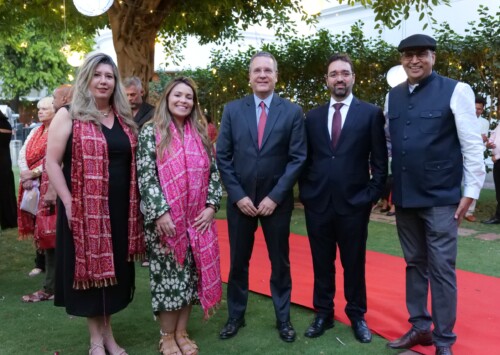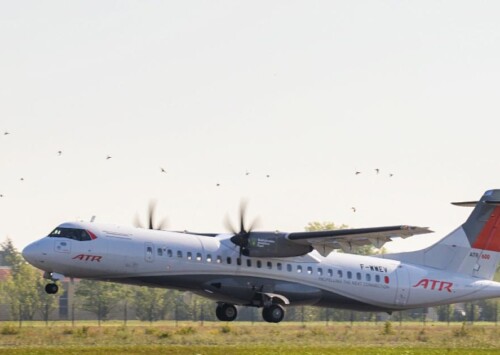Moral quandary over Kerala’s rice tusker Arikomban
In the state of Kerala in southern India, a complex ethical dilemma has arisen, centred around the presence of Arikomban, a rice-tusker, who frequently ventures into human settlements in search of rice, leading to conflicts between humans and animals. While the government seeks to capture and tranquilise the elephant to protect human lives and property, the court emphasises the importance of finding a long-term solution that respects animal rights. This situation raises a profound question: How can we effectively balance the well-being and rights of both humans and animals?
The conflict between humans and animals in Kerala finds its roots in the rehabilitation efforts aimed at providing land for the landless in an elephant corridor area. Arikomban’s displacement occurred during the construction of a dam, which resulted in the encroachment of human settlements into the elephant habitat. The decision to rehabilitate landless people, despite recommendations against it by forest officials, has faced criticism from the Kerala High Court, which questions the wisdom of these rehabilitation efforts.
The heart of this complex situation lies in the urgent need to safeguard the rights and well-being of both animals and humans. The government’s plea to capture and tranquilize Arikomban stems from concerns about potential harm to human lives and property caused by the elephant’s intrusion. Conversely, the court’s refusal to endorse immediate capture reflects apprehensions regarding the mistreatment of captive elephants and emphasises the importance of seeking a long-term solution that upholds animal rights.
In response, a five-member committee was established by the high court to propose a course of action. Their recommendation was to capture and relocate Arikomban to an area where the risk of conflicts with humans would be minimised. However, the suggestion of relocating the elephant to the Parambikulam Tiger Reserve sparked opposition from local residents, who expressed concerns over potential disruptions in their vicinity.
Seeking resolution, the Kerala government turned to the Supreme Court, but their plea was met with refusal. Unyielding, a large-scale operation involving a dedicated task force of 150 officials was launched to track down and relocate Arikomban. Eventually, the elephant was transported to the Periyar Tiger Reserve. While relocation seemed like a viable solution, the unfortunate reality was that the conflicts between humans and animals persisted even after Arikomban’s transfer.
Despite the careful planning and execution of the operation, the rice-tusker’s penchant for venturing into human settlements endured, resulting in continued instances of human-animal clashes. The relocation, it seems, did not provide the desired resolution to the ethical dilemma at hand.
Unfortunately, despite the relocation, Arikomban’s destructive behaviour in human settlements continued, including raids on ration shops, and causing harm to local residents. This ongoing conflict further intensifies the ethical dilemma of balancing human and animal rights. Consequently, a Public Interest Litigation was filed before the Madras High Court, demanding an assessment of damages and compensation for injuries caused to humans. The court acknowledged the government’s duty to protect human life and property while emphasising the necessity of decisive action to resolve the situation. As, the sustained confrontations between Arikomban and human communities emphasise the importance of considering factors beyond mere physical distance when seeking solution.
In conclusion, the creation of a new elephant corridor in the affected area emerges as a promising solution to address the ongoing conflict between humans and Arikomban, the rice-tusker. Even, the Gajah report of 2010 also highlights the significance of managing landscapes and corridors for the well-being of elephant populations. By safeguarding existing corridors and implementing interventions on both government and private land, safe passage for elephants can be facilitated, reducing the likelihood of conflicts.
The alarming number of deaths attributed to elephants in recent years, as emphasized by the Ministry of Environment, demands urgent action. Therefore, identifying and preserving these vital corridors will play a crucial role in minimising conflicts and safeguarding the rights and welfare of both humans and animals.
(Sonal Gupta is a practicing advocate at the Supreme Court of India. The views expressed here do not necessarily reflect those of Media India Group.)










